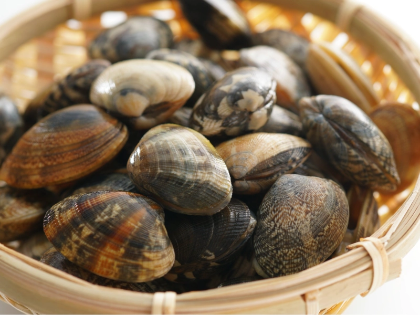The Role Of Shellfish In Building Strong Bones And Teeth
Although strong bones are mostly dependent on calcium and vitamin D, they also are vital for preserving good teeth. Both a balanced diet and supplements are the greatest sources of these nutrients. Rich in nutrients and protein, registered dietitian approved foods like salmon, sardines and shellfish Dairy products, leafy greens and diets high in calcium-fortified ingredients are other bone-healthy choices.
Calcium
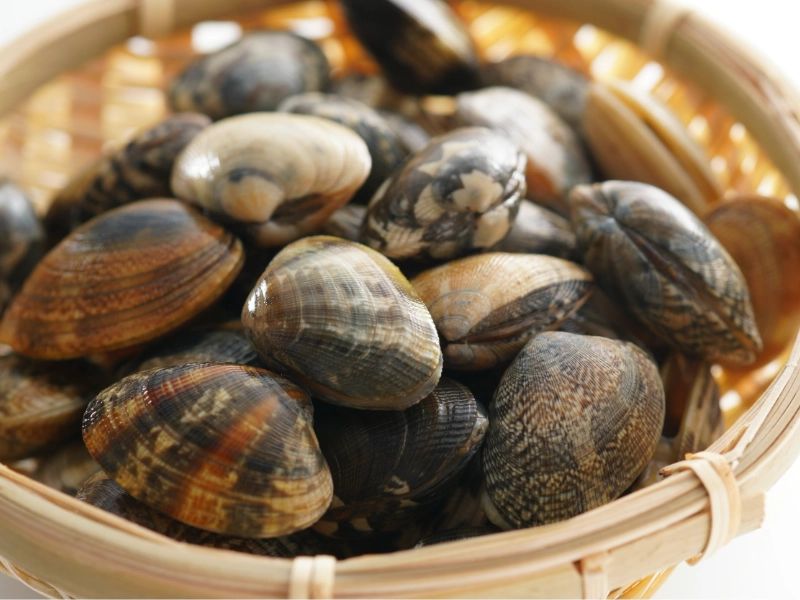
Selenium
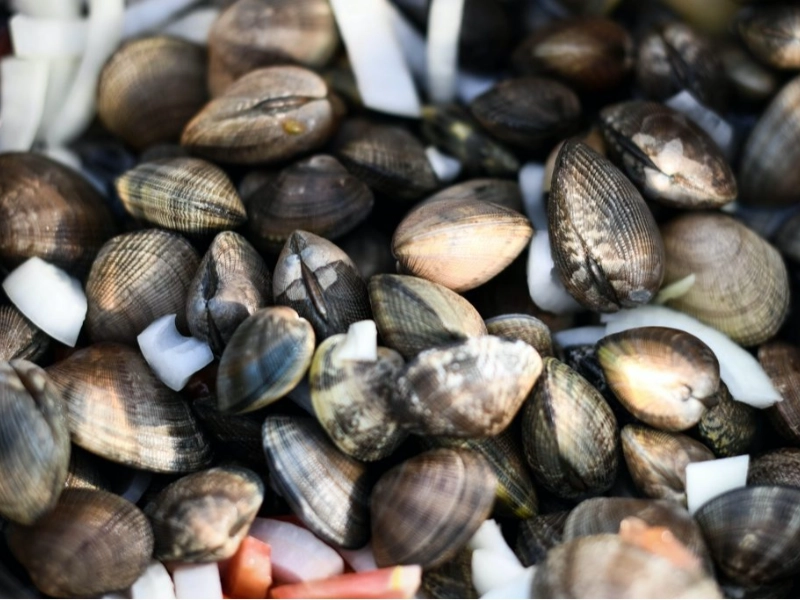 An indispensable mineral, seenium is involved in immune system operation, thyroid function, DNA synthesis, Additionally functioning as an antioxidant, it shields tissues and cells from oxidative damage.
Lack of selenium can lead to gum disease and tooth sensitivity among other poor oral conditions. Including foods high in selenium is particularly crucial since the mineral helps with saliva generation, so facilitating the natural cleaning and remineralization of teeth.
For the highest selenium sources, registered dietitian Kayla Kopp advises consuming organ meats, shellfish, and Brazil nuts. Consuming foods high in selenium should not, however, substitute for proper oral hygiene habits and frequent dentist visits.
An indispensable mineral, seenium is involved in immune system operation, thyroid function, DNA synthesis, Additionally functioning as an antioxidant, it shields tissues and cells from oxidative damage.
Lack of selenium can lead to gum disease and tooth sensitivity among other poor oral conditions. Including foods high in selenium is particularly crucial since the mineral helps with saliva generation, so facilitating the natural cleaning and remineralization of teeth.
For the highest selenium sources, registered dietitian Kayla Kopp advises consuming organ meats, shellfish, and Brazil nuts. Consuming foods high in selenium should not, however, substitute for proper oral hygiene habits and frequent dentist visits.
Phosphorus
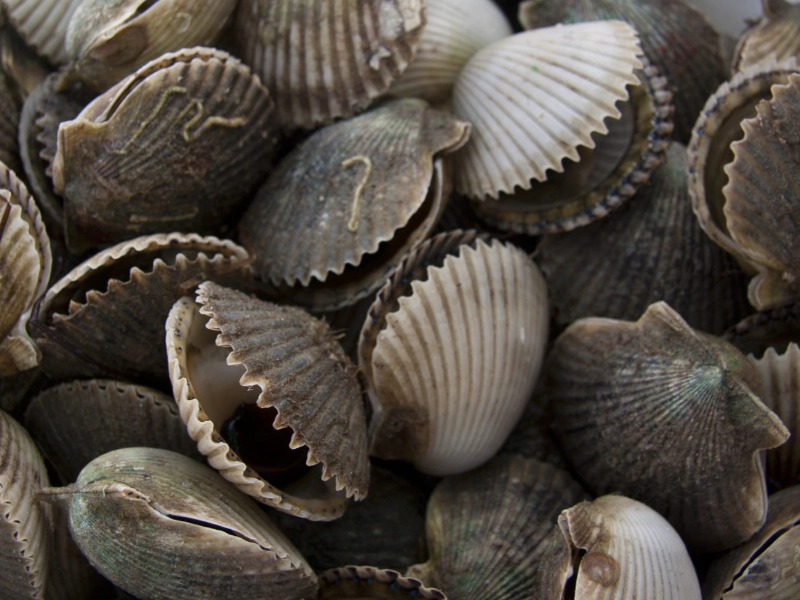 Many biological processes, including immune system function, blood pressure control, energy metabolism and cell development, depend on the mineral phosphorous (Pi). Bone and tooth health is another. It also exists in the molecule adenosine triphosphate, which supplies the energy required for regular cell operations.
Found in a great range of foods, from dairy products to seafood to whole grains and legumes, phosphorus closely coordinates with calcium to maximise bone health. But a good balance between these minerals is crucial since high dietary Pi levels can cause low calcium levels and even osteoporosis.
High consumption of processed foods including carbonated drinks and phosphate-additives can lead to excess phosphorus, which over time might compromise bone health. Thus, it is advisable to choose fresh fruits and vegetables instead, particularly those with a good supply of vitamin C, such bananas and kiwis. Additionally crucial is avoiding antacids with magnesium or aluminium as these bind with phosphate and lower its absorption.
Many biological processes, including immune system function, blood pressure control, energy metabolism and cell development, depend on the mineral phosphorous (Pi). Bone and tooth health is another. It also exists in the molecule adenosine triphosphate, which supplies the energy required for regular cell operations.
Found in a great range of foods, from dairy products to seafood to whole grains and legumes, phosphorus closely coordinates with calcium to maximise bone health. But a good balance between these minerals is crucial since high dietary Pi levels can cause low calcium levels and even osteoporosis.
High consumption of processed foods including carbonated drinks and phosphate-additives can lead to excess phosphorus, which over time might compromise bone health. Thus, it is advisable to choose fresh fruits and vegetables instead, particularly those with a good supply of vitamin C, such bananas and kiwis. Additionally crucial is avoiding antacids with magnesium or aluminium as these bind with phosphate and lower its absorption.
Vitamin D
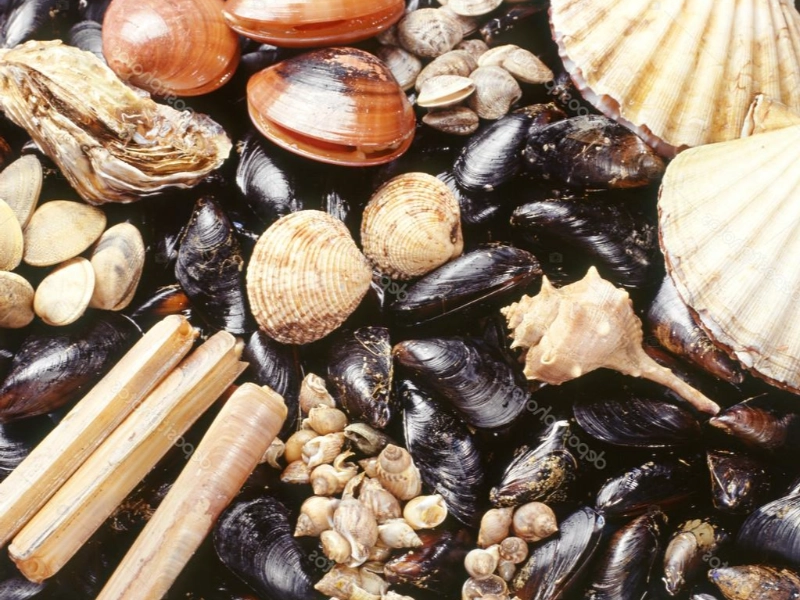 The main component of bone, calcium, the body cannot absorb without vitamin D. A diet high in calcium and vitamin D fortifies teeth and helps prevent osteoporosis.
Several studies have connected vitamin D, presumably because of its impact on the immunological and inflammatory systems, to a lower fracture risk. [ seventy]
Dairy items include cheese and low-fat milk as well as fortified plant milks and orange juice provide the best sources of calcium and vitamin D. Good sources of calcium are also fatty seafood including salmon, tuna and sardines as well as dark leafy green vegetables including broccoli and kale. For those who choose not to eat dairy products or are lactose intolerant, fortified soymilk and tofu produced with calcium sulphate, portabello mushrooms grown in sunshine and some kinds of cereal can be good sources of calcium and vitamin D.
The main component of bone, calcium, the body cannot absorb without vitamin D. A diet high in calcium and vitamin D fortifies teeth and helps prevent osteoporosis.
Several studies have connected vitamin D, presumably because of its impact on the immunological and inflammatory systems, to a lower fracture risk. [ seventy]
Dairy items include cheese and low-fat milk as well as fortified plant milks and orange juice provide the best sources of calcium and vitamin D. Good sources of calcium are also fatty seafood including salmon, tuna and sardines as well as dark leafy green vegetables including broccoli and kale. For those who choose not to eat dairy products or are lactose intolerant, fortified soymilk and tofu produced with calcium sulphate, portabello mushrooms grown in sunshine and some kinds of cereal can be good sources of calcium and vitamin D.




